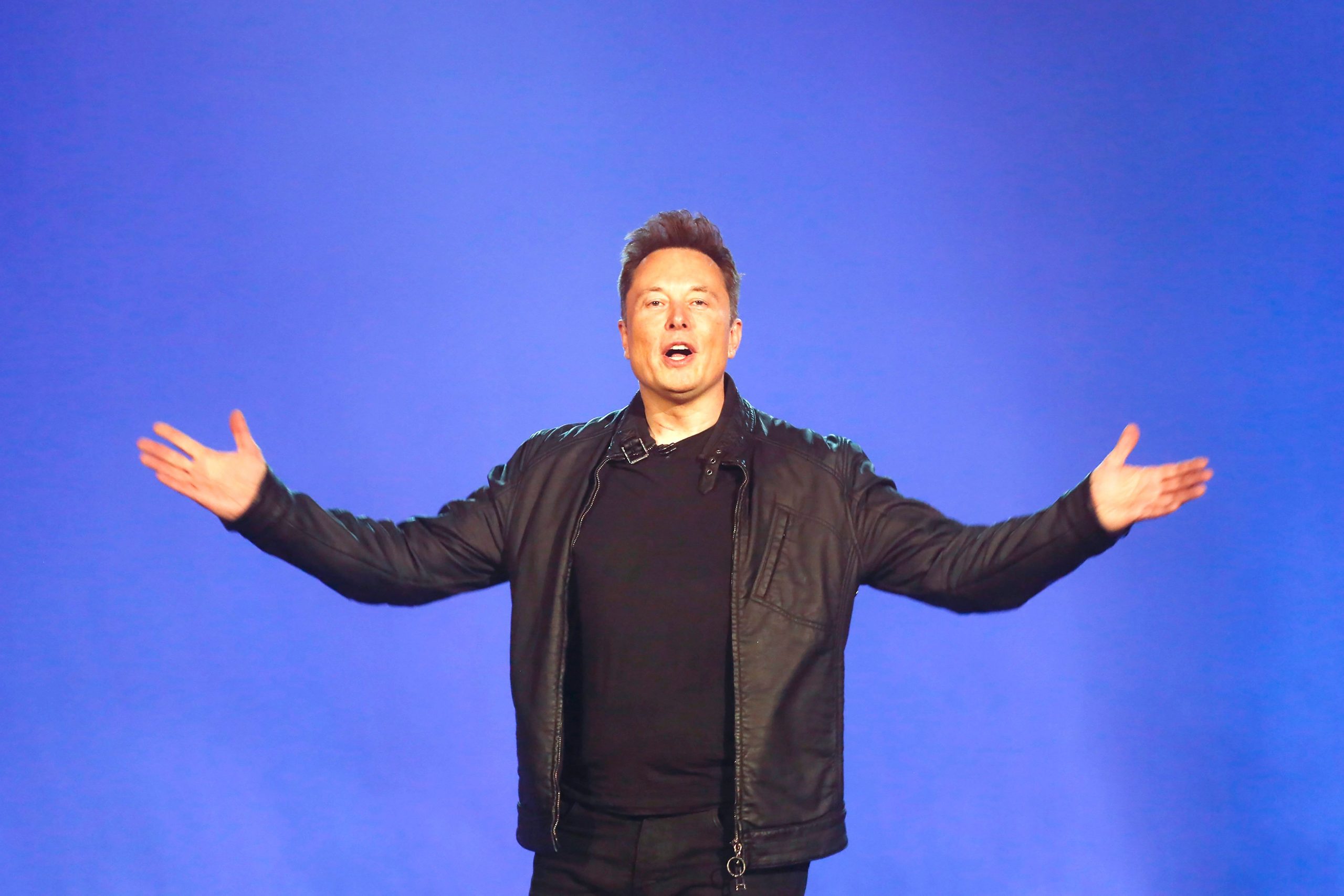Morgan Stanley, the investment bank working with Elon Musk on the potential transaction, has been calling banks and other potential investors to shore up financing for his bid on buying Twitter, according to four people with knowledge of the issue, the New York Times reported. According to one of the sources, Musk is first focused on raising debt and has not yet begun to seek equity financing for his proposal.
Also read: Elon Musk threatens to slash Twitter board pay to $0 if he acquires firm
According to the NYT report, two of the sources said that Musk is weighing several debt packages, including more senior debt known as preferred debt and a loan against his shares of Tesla, the electric carmaker he oversees. The private equity firm Apollo Global Management is one of the companies considering supplying loan funding in a bid for Twitter. The amount of equity he will require is likely to be substantial.
According to one of the sources, Musk hopes to put together a fully-funded offer as soon as this week, though that schedule is far from clear. Because the facts are confidential and in flux, those with knowledge of the negotiations were not authorised to comment publicly, the report stated.
Also read: Why is Twitter swallowing a poison pill? To stop getting eaten up by Musk
It is unclear whether Musk’s attempts will be effective, but they will go a long way toward answering a critical question about his Twitter proposal. Musk, the world’s richest man, made an unsolicited offer for the social media firm last week, saying he wants to take it private and allow individuals to speak more freely on the service. However, Wall Street viewed his offer with scepticism since he did not disclose details about how he would fund the transaction.
While Twitter’s board of directors did not reject Musk’s bid, it did reply days later with a defensive strategy known as a “poison pill.” A poison pill would effectively bar Musk from owning more than 15% of Twitter’s stock. The 50-year-old had been amassing a stake in the company and now owns more than 9% of it, giving him the corporation’s single-largest individual stakeholder.
Musk, whose estimated net worth is $255 billion, did not respond to a request for comment. On Tuesday, he posted his thoughts on social networks and their policies, which appeared to be a disguised allusion to Twitter.
The New York Times report stated that both Morgan Stanley and Twitter declined to comment on the matter, and Tesla did not return a request for comment.
Also read: Elon Musk ‘in for a world of pain’ if he buys Twitter, warns ex-Reddit CEO
It is unknown how Tesla’s shareholders will react to Musk’s decision to potentially take out a loan against the company’s stock; some of the company’s major shareholders declined to comment. On Wednesday, the automaker will publish its quarterly earnings. Musk frequently speaks during Tesla’s quarterly results call with investors.
If structured as a classic leveraged buyout, a transaction for Twitter would be the largest in at least the last two decades and would be tough to finance for any buyer. This is because Twitter does not have the conventional financial profile of a debt-fueled purchase.
Most leveraged buyout deals involve companies with large and consistent cash flows. Twitter’s business, on the other hand, has been erratic, with revenue growth stalling. Its earnings, excluding costs such as interest, are just about $1 billion per year, and bankers are normally wary of piling on too much debt with enterprises with earnings of that size.
Also read: Why Elon Musk wants to buy Twitter: Explained
Musk has not publicly outlined his Twitter business model, however he has spoken about altering Twitter’s moderation standards and increasing transparency about how its algorithms work. He has stated unequivocally that profit is not his primary goal, which may complicate efforts to engage with typical Wall Street financiers.
“This is not a way to sort of make money,” Musk stated this last week during an interview at the TED conference. “My strong intuitive sense is that having a public platform that is maximally trusted and broadly inclusive is extremely important.”
Musk’s bid for Twitter is $54.20 per share. According to several analysts, the company’s board of directors is unlikely to accept anything less than $60 per share. Twitter’s stock climbed above $70 per share last year when the business declared plans to double its revenue, but it has since dropped to approximately $45 as investors have questioned the company’s capacity to reach those goals.







